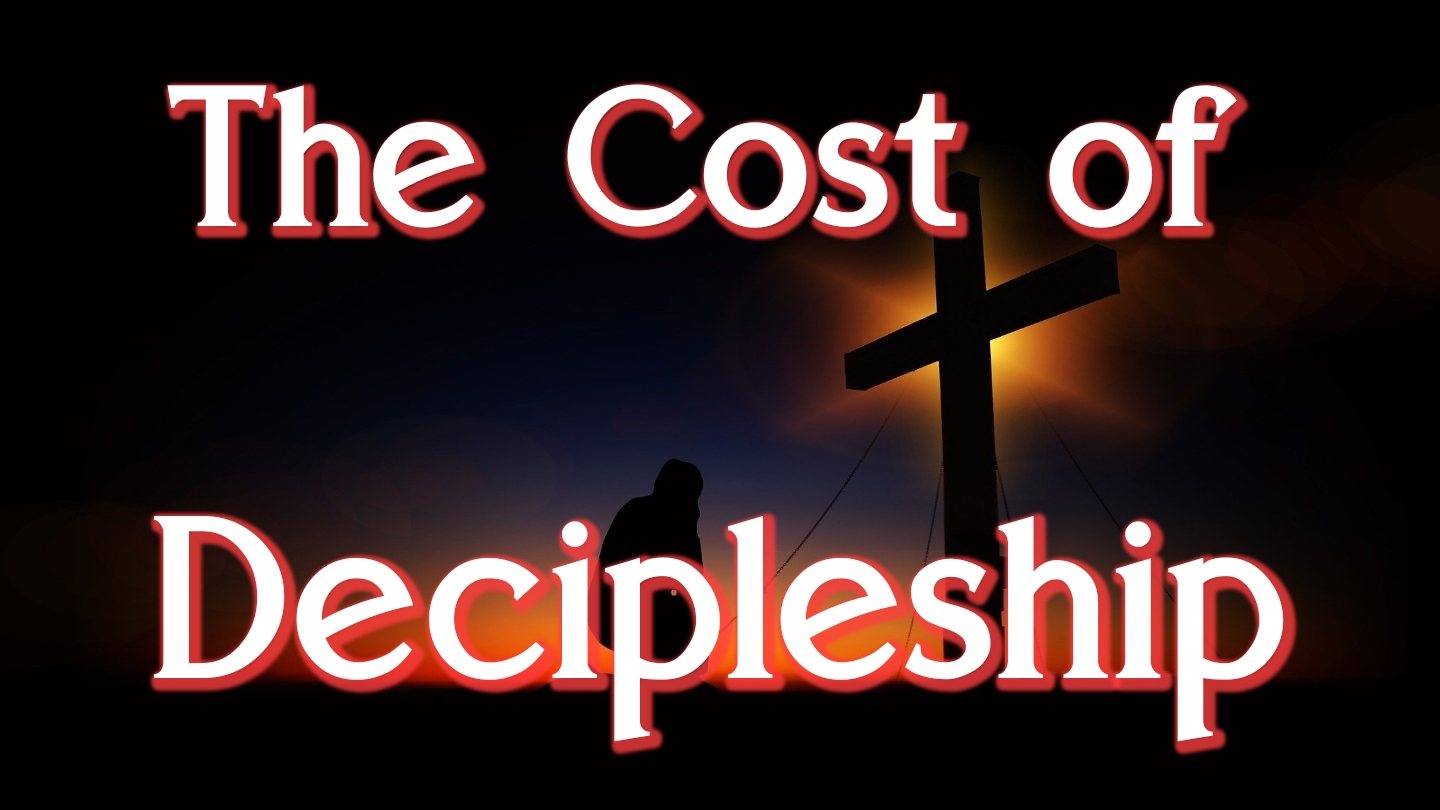

Throughout the centuries, Christians have wrestled with how Luke 14:33 is to be interpreted and obeyed by those who are not called to follow Jesus literally. While they hung on to a few possessions, like their clothing, the original disciples paid a high price to follow Jesus. As Bonhoeffer recognizes, the first disciples had to do this literally in the sense that they left home, work, and family in order to follow Jesus. To make matters even more uncomfortable, Jesus says, “So you cannot become my disciple without giving up everything you own” (Luke 14:33).

If we’re going to follow Jesus, if we’re going to be citizens of the kingdom of God, then we are to humble ourselves (Luke 14:11), “hate” our family (Luke 14:26), and carry our cross (Luke 14:27). Luke 14 consistently emphasizes the cost of discipleship. But it is the same death every time-death in Jesus Christ, the death of the old man at his call” (Simon & Schuster, 1959, pp. It may be a death like that of the first disciples who had to leave home and work to follow him, or it may be a death like Luther’s, who had to leave the monastery and go out into the world. According to Bonhoeffer, “When Christ calls a man, he bids him come and die. Though God’s grace is offered to us freely in Christ, when we decide to follow him, there is for us the cost of putting aside our old life (the old man) and putting on our new life in Christ. When this book was translated into English in 1948, it had a longer title, one that revealed the book’s central message: The Cost of Discipleship. In 1937, German pastor and theologian Dietrich Bonhoeffer published a book called Nachfolge. “So you cannot become my disciple without giving up everything you own.”

Learning From the Psalms How to Pray Through Your Work.Beyond Rank and Power: What Philemon Tells Us About Leadership.Evangelism - Sharing the Gospel at Work.10 Key Points About Work in the Bible Every Christian Should Know.


 0 kommentar(er)
0 kommentar(er)
